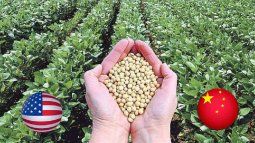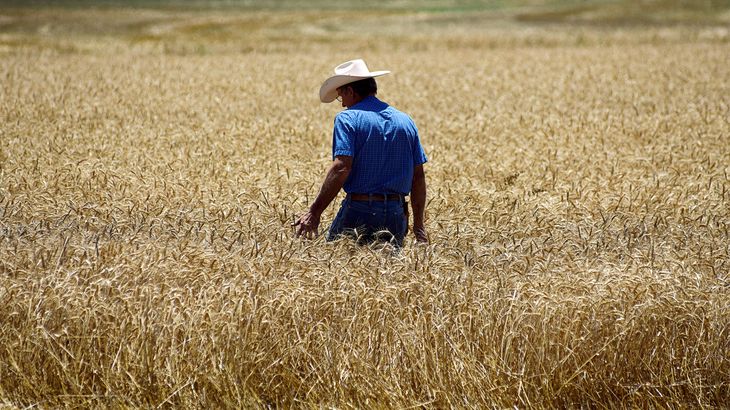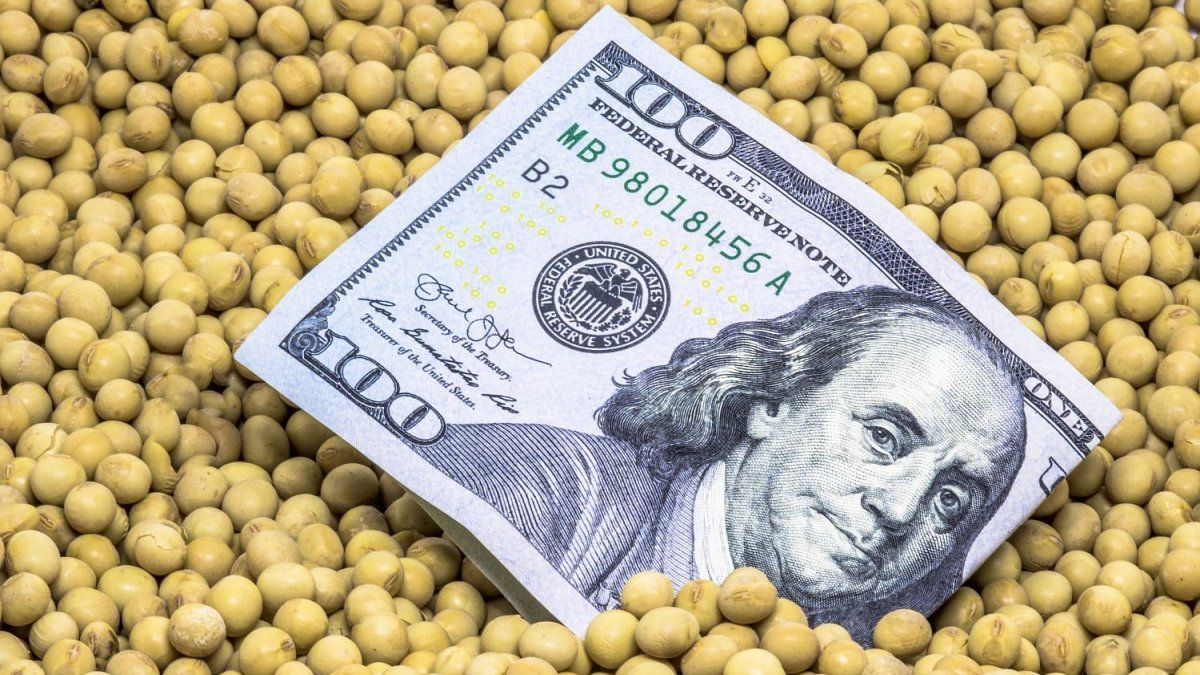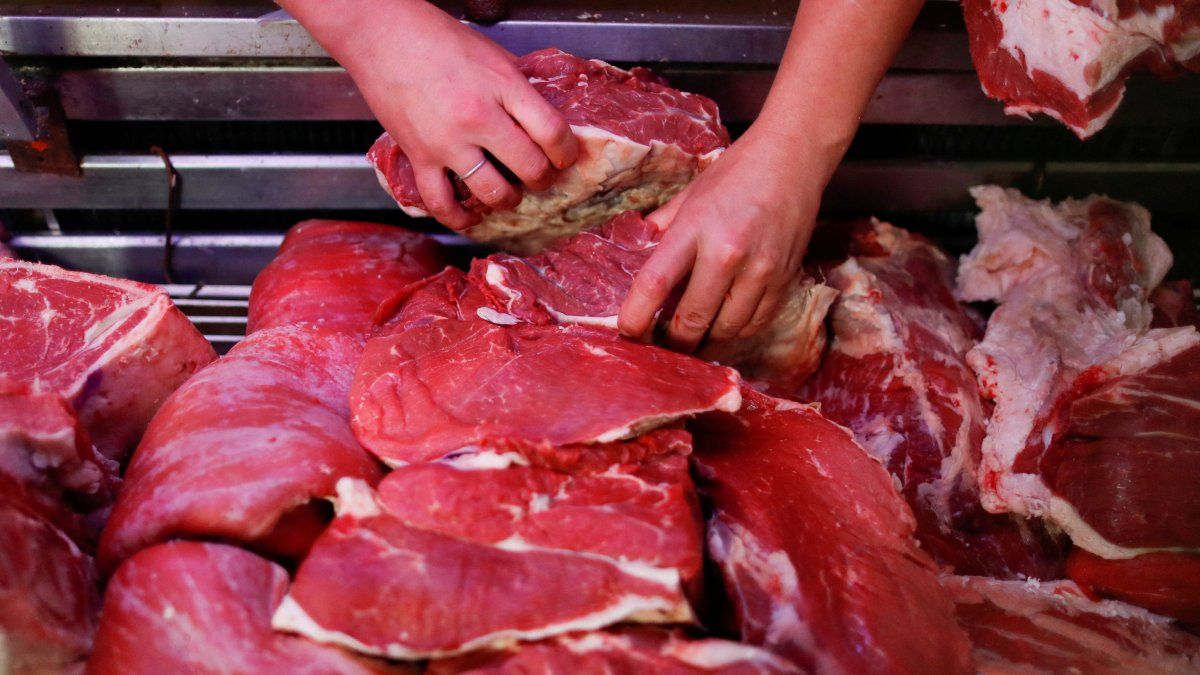American soy producers face their worst crisis in years and accuse Trump for the commercial war that left China outside the market. While the tension grows in the US, Argentina and Brazil take the opportunity and multiply their exports to the Asian giant.
The American Sojero sector is going through an unprecedented crisis after China’s decision of suspend their purchases in retaliation to Protectionist tariffs imposed by the administration of Donald Trump. Since May, the Asian giant – main client of the sector – did not acquire a single cargo and redirected its purchases towards alternative suppliers such as Argentina and Brazil.
The content you want to access is exclusive to subscribers.
The measure hit American farmers: until last year, China absorbed about a quarter of all the soy produced in the US. In 2024, the country exported soybeans for about US $24,500 million, of which more than US $ 12,500 million corresponded to sales to that destination. In comparison, the European Union – second market in importance – imported only US $ 2,450 million.


“This is an alarm for our industry,” said Caleb Ragland, manager of the American Soys long -term business sustainability If the commercial bond with Beijing is not recomposed.
Granjero-Stados-Unidos-MAIZ-1920

Farmers the most affected by tariff measures
Tariffs and loss of competitiveness
Xi Jinping administration imposed a Rate of up to 34% to American soybeansmore expensive its price against South American production. The measure also reached other strategic crops such as sorghum, corn and cotton. For US producers, the consequence was the loss of its most profitable export market.
Jim Sutter, executive director of the US Soy Export Council, expressed concern: “Honestly, I am worried that time is being over,” he said, referring to the harvest is already underway without a resolution horizon.
Despite four rounds of bilateral negotiations between May and September, the agricultural chapter remains without progress. The White House slid the possibility of a New help package to compensate for lossessimilar to that applied in Trump’s first presidency, with millionaire direct transfers.
However, a good part of the producers rejected that alternative. “We do not want help payments, we want to work. The worst we could desire is a alms,” said Brian Warpup, a fourth generation farmer in Indiana.
While the Farmers of the North American belt press the White House, Argentina and Brazil are consolidated as the big beneficiaries: They expanded their pore exports and soybeans to the Chinese market, within the framework of the Beijing supplier diversification strategy to guarantee their food security.
Source: Ambito




